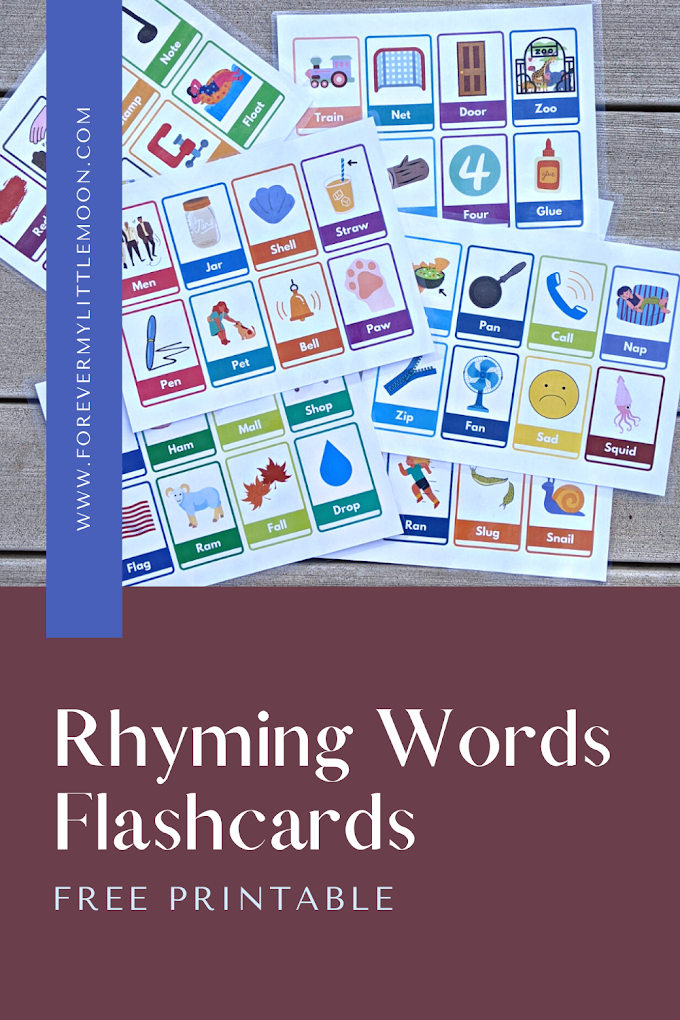First, a common reason people choose to have the second baby so soon is that they believe their children will be best friends forever. This is false. There is no guarantee your children will get along no matter what the spacing is. Every child is different and that will determine, along with parenting style, if your children will even be friends at all.
I can personally prove that this idea is false since my sister and I are only eighteen months apart. We are not best friends. We hardly talk to each other at all except when we get together as a family (we live in different states, but even if we were in the same city, we probably wouldn't even visit each other more than once a month, if even). My sister and I were close when we were little, but we were also brutal when it came to fights. We fought for attention, which leads to a funny story of how my dad was trying to carry both of us and ended up dropping my younger sister. So it seems by having a second so soon, the oldest child loses the attention he or she needs and sees the younger child as more of an enemy, the competition, rather than a friend.
A study done by Kasey S. Buckles and Elizabeth L. Munnich of the University of Notre Dame found that a larger gap between siblings benefits the eldest child academically, without any negative effect on the youngest child. This hit me hard because I was the oldest, yet school was harder for me than my younger sister, so I believe this was due to us being so close in age (remember, there are always exceptions, I just fit the norm).
"Our 2SLS results indicate that greater spacing increases academic achievement for older siblings; one potential explanation that would generate this result is that spacing allows parents to spend more time with older children. If this is the case, we might expect the benefits of spacing to be especially strong for first-born children, who reap the benefits of a longer period as an only child when spacing is large..." (source)
As the study suggests, parents who space their children further apart are able to give more attention and time to their older child, which leads to them being better off academically.
"When spacing is under two years, it stands to reason that an older sibling loses parental time and attention. With two in diapers, parenting is more about damage control than enrichment. Indeed, Buckles found that older siblings are read to less and watch more television between the ages of 3 and 5 than kids who are spaced at least two years apart." (source)
Now my sister and I are also very different. She was into sports, was more outgoing and rebellious, while I was more responsible and kept to myself. That's another thing, you can do the best parenting there is, but your two children could still be polar opposites, so it doesn't matter how close in age they are. Also, if they are different sexes, they probably won't have that same kind of bond as two sisters or two brothers would.
Second, your body is still recovering from having your first child.
"Columbian researchers found in an analysis of 67 studies between 1966 and 2006 that pregnancy intervals shorter than 18 months (or 2 years, 3 months between full term siblings) increased the risk of low birth weight, preterm birth, and small size for gestational age. Intervals longer than 59 months (or 5 years, 8 months between full term siblings) increased the odds for the same problems." (source)
"In yet another report which gathered research from over two million pregnancies in 18 different countries, it indicated that both mom and her offspring will have better health outcomes when births are spaced by 3-5 years." (source)
"If the next pregnancy occurs before mom has fully recovered and replenished her resources, unless she is now eating a sufficiently nutrient-dense diet, her body will not have enough resources left to make a baby with optimal health, bone structure, or brain capacity." (source)
So the second child might not be affected academically but could face potential health problems. One way to counter this is if the mother eats a nutrient-dense diet to rebuild her body faster for the next baby, but even so, is it worth it? Wouldn't you rather have two healthy and smart kids instead of one healthy and one smart kid?
“There are only so many hours in the day, and the longer that period can be when a child is the only child, the greater the investment they are going to receive.” (source)
That leads to my final point, why even have two? Why not have just one? Only children seem to be better off for the most part. I was pretty much an only child, my sister was more like a messy roommate. Everyone likes to think that being an only child is a negative thing and worry that if they don't have another, their child won't function right in society, well they would be wrong.
"The differences between only children and those raised with siblings tend to be positive ones. Ms. Falbo and Ms. Polit examined hundreds of studies in the 1980s and found that only children had demonstrably higher intelligence and achievement; only children have also been found to have more self-esteem. These findings, which have been confirmed repeatedly in recent years, hold true regardless of whether parents of only children stayed together and regardless of economic class." (source)
"Researchers like the sociologist Judith Blake believe these qualities result from the fact that parents who have just one child are able to devote more resources — time, money and attention — to them than parents who have to divide resources among more children." (source)
Because of my experiences, I only really plan on having one and we'll see how that goes, if at any point we decide we want another, they will have at least a three-year age gap, preferably four. This way I only have to send one off to college at a time and each child will get all the attention he or she needs in his or her's younger years.
Sources
- Birth Spacing and Sibling Outcomes PDF
- Birth-spacing improves children's health
- Birth Order and Intelligence
- Spacing Siblings At Least Two Years Apart Makes Kids Smarter
- New Findings on Birth Spacing: Three to Five Years is the Optimal Interval
- YOUR CHILDREN’S FUTURE SUCCESSES MAY DEPEND ON BIRTH SPACING
- Only Children: Lonely and Selfish?
Attribution: Image used in blog post photo does not belong to me and was found on Pexels.
Attribution: Image used in blog post photo does not belong to me and was found on Pexels.
















